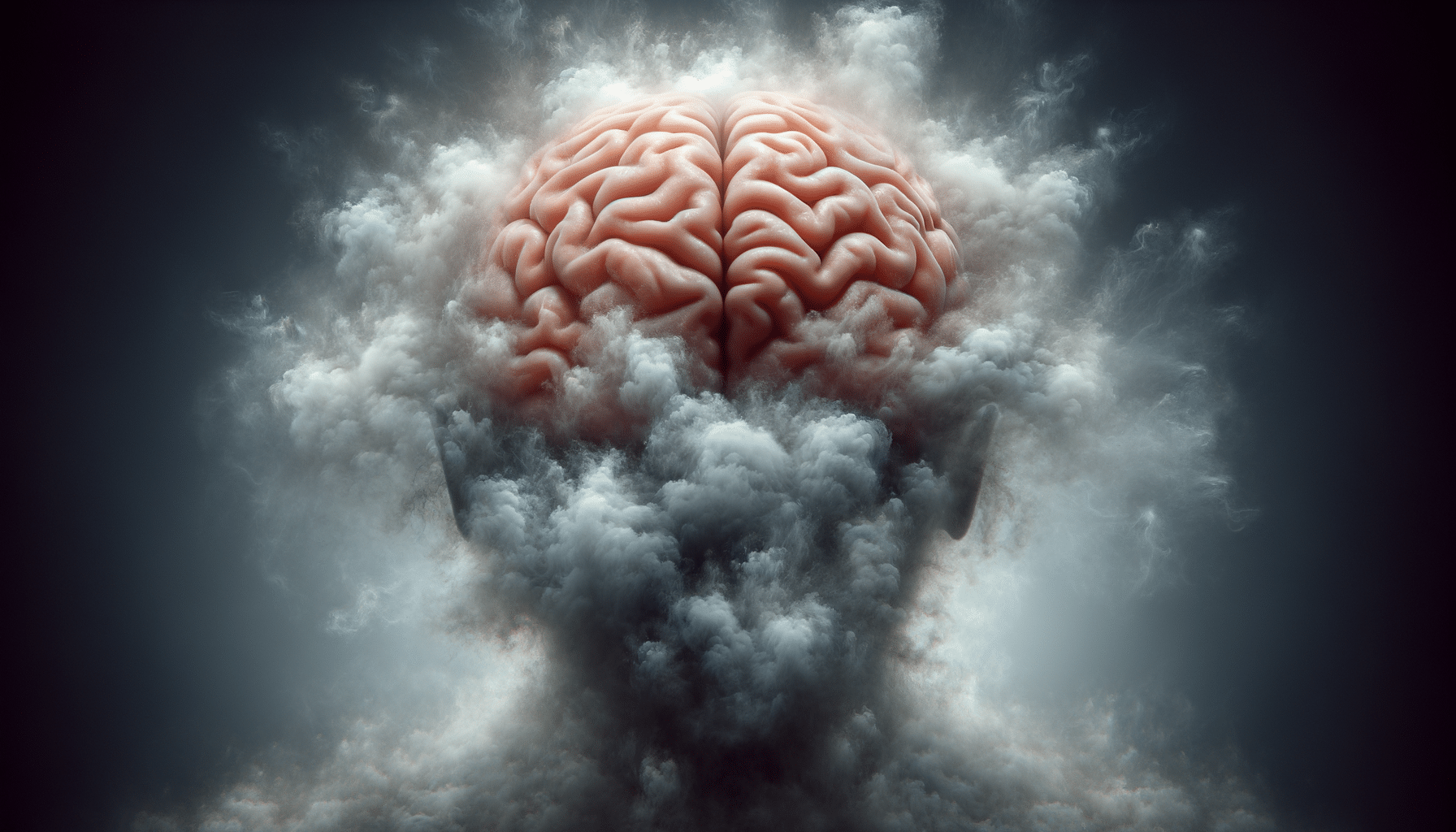
What Is Brain Fog and What Are Its Symptoms?
Introduction to Brain Fog
In today’s fast-paced world, many individuals find themselves struggling with a phenomenon often referred to as “brain fog.” This term, while not a medical condition, describes a state of mental cloudiness that can impact concentration, memory, and cognitive function. Understanding brain fog is essential for those who experience it, as it can significantly affect daily life and productivity.
Brain fog can be likened to a thick mist that obscures one’s mental clarity. It is characterized by feelings of confusion, forgetfulness, and a lack of focus. This condition is not limited to any specific age group, affecting both young and older adults alike. The relevance of this topic is underscored by the growing number of people reporting symptoms of brain fog, often linked to modern lifestyle factors such as stress, poor diet, and lack of sleep.
Causes of Brain Fog
The causes of brain fog are varied and can stem from multiple sources. Understanding these causes is the first step towards alleviating the symptoms. One of the primary contributors to brain fog is stress. Chronic stress can lead to hormonal imbalances, particularly in cortisol levels, which can impair cognitive function.
Another significant factor is diet. Nutritional deficiencies, particularly in vitamins B12 and D, can lead to decreased mental clarity. Additionally, a diet high in sugar and processed foods can cause fluctuations in blood sugar levels, contributing to brain fog.
Sleep is another crucial element. Lack of adequate rest can impair the brain’s ability to process and retain information. Conditions such as sleep apnea can exacerbate this issue, leading to persistent feelings of tiredness and mental fatigue.
Lastly, medical conditions such as hypothyroidism, depression, and autoimmune diseases can also manifest as brain fog. It is essential for individuals experiencing persistent symptoms to consult healthcare professionals to rule out underlying health issues.
Symptoms of Brain Fog
Recognizing the symptoms of brain fog is crucial for addressing the issue effectively. These symptoms often vary in intensity and duration, but they share common characteristics that can impact daily functioning.
One of the most prevalent symptoms is forgetfulness. Individuals may find themselves struggling to remember simple tasks or important information. This can be frustrating and lead to decreased productivity.
Another symptom is difficulty concentrating. Tasks that require sustained attention, such as reading or problem-solving, become challenging. This can lead to feelings of frustration and overwhelm.
Additionally, individuals may experience mental fatigue, even after a full night’s sleep. This constant state of tiredness can affect motivation and enthusiasm for daily activities.
Finally, individuals may notice a general sense of confusion or lack of mental clarity. This can impact decision-making and lead to increased stress and anxiety.
Strategies to Combat Brain Fog
Addressing brain fog requires a holistic approach that targets its underlying causes. Implementing lifestyle changes can significantly improve mental clarity and overall cognitive function.
One effective strategy is to manage stress through mindfulness practices such as meditation and yoga. These activities can help reduce cortisol levels and promote mental relaxation.
Improving diet is another critical step. Incorporating nutrient-rich foods such as leafy greens, fatty fish, and nuts can provide essential vitamins and minerals that support brain health. Reducing sugar and processed food intake can also stabilize blood sugar levels and improve focus.
Ensuring adequate sleep is vital for cognitive function. Establishing a regular sleep schedule and creating a restful environment can enhance sleep quality and reduce symptoms of brain fog.
Additionally, seeking medical advice for underlying health conditions is crucial. Addressing issues such as thyroid dysfunction or depression can alleviate symptoms and improve overall well-being.
Conclusion: Navigating Through Brain Fog
Brain fog can be a frustrating and debilitating experience, but understanding its causes and symptoms is the first step towards finding relief. By implementing lifestyle changes and seeking professional guidance, individuals can regain mental clarity and enhance their quality of life.
It is important to remember that brain fog is a common experience, and seeking support from healthcare professionals can provide valuable insights and solutions. By addressing the root causes and making informed choices, individuals can navigate through the mist of brain fog and achieve greater mental clarity.


